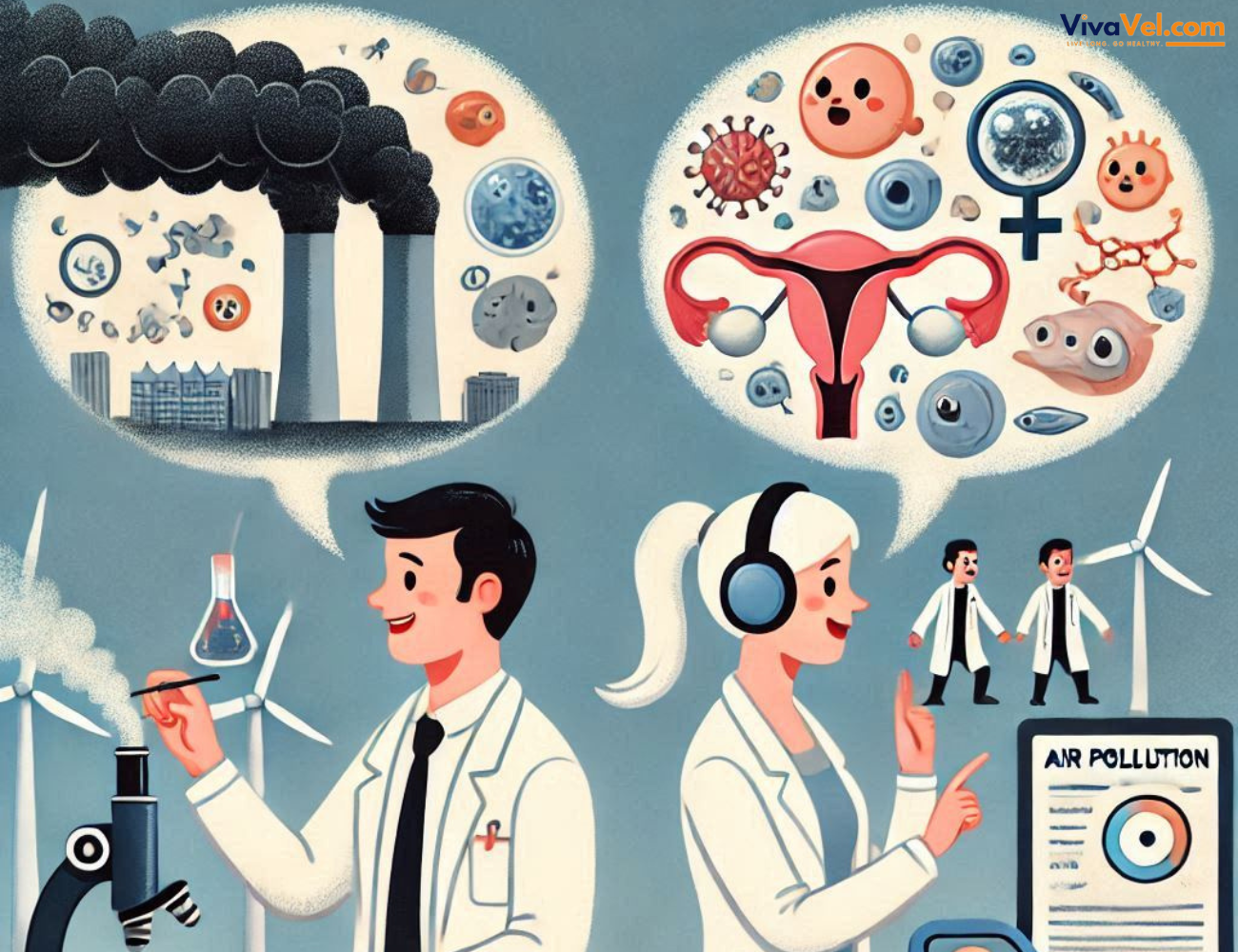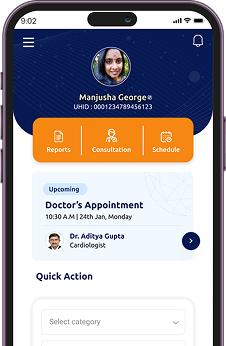Air and Noise Pollution – A Silent Threat to Fertility
Recent studies have revealed how environmental factors—specifically air pollution and traffic noise—adversely affect fertility. The implications of these findings are far-reaching, emphasizing the urgency of global attention to environmental health. This newsletter explores the significant findings of these studies, their impact on public health, and actionable steps individuals and policymakers can take to mitigate risks.
Air Pollution and Male Fertility: A Silent Crisis
A comprehensive study by leading environmental scientists has confirmed a worrying trend: air pollution significantly reduces male fertility. The research, which analyzed data from over 20,000 men across multiple regions, highlights the role of fine particulate matter (PM2.5) and other airborne pollutants in decreasing sperm quality and count.
Key Findings
- Reduced Sperm Count and Motility: Exposure to high levels of PM2.5 was linked to a 15–20% decline in sperm concentration and motility. These particles are so fine that they penetrate the bloodstream, potentially damaging reproductive organs.
- Hormonal Imbalance: Pollutants disrupt the endocrine system, reducing testosterone levels and impairing spermatogenesis (the process of sperm production).
- DNA Fragmentation: Airborne toxins lead to oxidative stress, causing DNA damage in sperm cells, which can result in infertility and an increased risk of miscarriage if conception occurs.
- Impact Across Age Groups: The detrimental effects were observed in younger and older males, signaling that no age group is immune.
Why This Matters
With infertility rates rising globally, this study pinpoints air pollution as a significant, often overlooked factor. Male infertility has long been stigmatized, but these findings emphasize the need for societal acknowledgment and medical intervention.
Women and Road Traffic Noise: A Hidden Fertility Hazard
While air pollution is a direct physical disruptor, road traffic noise presents a more insidious threat to women’s reproductive health. A study involving over 15,000 women found that consistent exposure to traffic noise above 65 decibels (dB) heightened the risk of fertility issues.
How Noise Affects Women
- Hormonal Disruption: Chronic noise exposure activates the hypothalamic-pituitary-adrenal (HPA) axis, causing prolonged cortisol release (the stress hormone). Elevated cortisol disrupts menstrual cycles, ovulation, and implantation processes.
- Impact on Sleep Quality: Poor sleep, caused by nighttime noise, directly impairs the hormonal balance necessary for reproductive health.
- Increased Risk of Miscarriages: High stress levels from noise exposure correlate with early pregnancy loss, particularly in urban settings.
Long-Term Effects
Unlike acute stressors, persistent exposure to road traffic noise creates a cumulative effect, making women more susceptible to chronic reproductive issues, including polycystic ovary syndrome (PCOS) and endometriosis.
Socioeconomic and Public Health Implications
The intersection of environmental pollution and reproductive health has broad implications:
- Healthcare Costs: Infertility treatments, already expensive, are expected to see higher demand as pollution exacerbates reproductive challenges.
- Demographic Shifts: Declining fertility rates in highly polluted urban areas could lead to significant population and labor force imbalances.
- Mental Health: Infertility often carries a psychological burden, including stress, anxiety, and depression. The additional strain from environmental factors adds complexity to mental health crises.
Policy Recommendations
Addressing the dual threats of air and noise pollution requires coordinated global efforts. Here are actionable steps for policymakers:
- Stricter Emission Regulations: Governments must enforce stringent air quality standards to reduce PM2.5 and other harmful pollutants. Investment in renewable energy and public transport systems can significantly curb emissions.
- Urban Noise Management: Implementing quiet zones, sound barriers, and stricter noise regulations can mitigate traffic-related noise pollution. Urban planning must prioritize reducing noise exposure in residential areas.
- Awareness Campaigns: It is essential to educate the public about the reproductive health risks associated with environmental pollution. Campaigns should promote pollution-reducing behaviors such as carpooling, using public transport, and avoiding outdoor exercise during peak pollution hours.
- Funding Research: More studies are needed to explore how pollution affects fertility and develop effective countermeasures.
What Can Individuals Do?
While large-scale change requires policy intervention, individuals can take steps to protect themselves:
For Men
- Monitor Air Quality: Use apps or websites to check air quality indices (AQI). Limit outdoor activities on days with high pollution levels.
- Use Air Purifiers: Invest in HEPA filters at home and work to reduce indoor air pollution.
- Adopt a Healthy Lifestyle: Regular exercise, a balanced diet rich in antioxidants, and avoiding smoking can help mitigate the effects of pollution.
For Women
- Reduce Noise Exposure: Use noise-canceling devices or soundproof windows to minimize traffic noise.
- Maintain Sleep Hygiene: Establish a quiet, dark, and calm environment to counteract noise-induced sleep disturbances.
Stress Management: Practices like yoga, meditation, and regular exercise can help regulate stress hormones.
Future Directions: The Role of Technology
Innovations in technology could play a pivotal role in mitigating environmental health risks:
- Air Quality Sensors: Wearable devices to monitor personal pollutant exposure.
- Noise-Canceling Urban Design: Smart cities can incorporate technology to dampen noise in high-traffic areas.
Fertility Apps: Apps that track environmental exposure and its potential impact on reproductive health.
A Call to Action
The twin threats of air pollution and road traffic noise on fertility indicate the need for urgent action. As individuals, communities, and nations, we must prioritize environmental health to safeguard our reproductive health and overall well-being.
The time to act is now. By addressing these silent threats head-on, we can create a healthier, more sustainable future for future generations.
Stay Informed. Stay Healthy.
Discover expert healthcare insights and patient-centric stories at Vivavel.com! From cutting-edge medical advancements to personalized wellness tips, we bring you the latest updates to inspire healthier living. Stay connected for more!


















